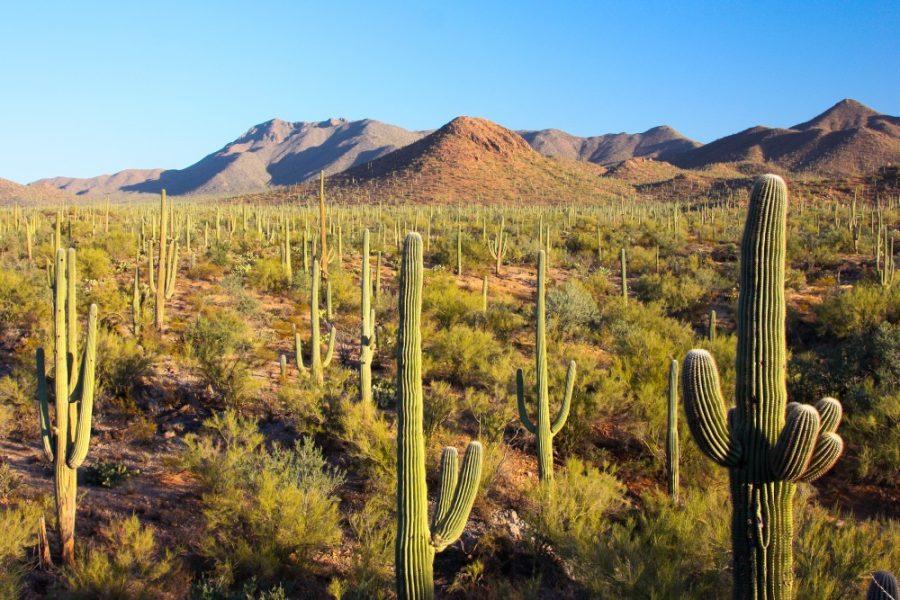The U.S. government has been shut down for over three weeks now. There have been plenty of stories written about how this is affecting workers and services, but the Daily Wildcat wants to draw your attention to a specific type of “service” – our National Park System.
Perhaps you’ve seen the stories: The Washington Post wrote about destruction at Joshua Tree National Park; National Geographic warned about the long-term damage being done; CNN detailed the seven deaths that have occurred in parks since the shutdown, which, while not directly caused by the shutdown, were affected by the lack of search-and-rescue teams; the National Parks Conservation Association provided a detailed blog post about all the ways the shutdown has impacted the parks.
From human waste in the roads to overflowing trash heaps and vandalism, the National Geographic article sums it up best: “National parks are America’s public lands, but right now they’re America’s trashcans.”
Our question to you is: Why?
Why is the lack of oversight by park rangers being treated as a go-ahead for destruction and disrespect?
Why are we wrecking some of the few wild places left in the U.S.?
Why does the short-term thrill of off-roading in Joshua Tree National Park somehow outweigh the long-term damage of cutting iconic trees and burning across fragile desert?
We here at the Wildcat certainly don’t think everyone acts so destructively, but simply not devastating nature doesn’t let you off the hook in this case. While the sanitation issues may be better left untouched for safety reasons, there’s still plenty you, as a person who appreciates the little amount of wild space we have left, can do.
There have been plenty of stories about volunteer groups not only picking up trash, but directing traffic and standing in as rangers, telling people the rules and explaining why they should be followed – including at Saguaro National Park. More help is needed with these efforts.
In a boots-on-the-ground sense, if you live close to a national park, monument, forest or other protected area, spend a few hours cleaning it up. Pick up trash and empty overflowing garbage cans. Better yet, while you’re there, tell other visitors what you’re doing and why. Invite them to join you. If you see someone doing something they shouldn’t, educate them.
On a larger scale, you can organize to oppose the shutdown, too, by reaching out to your representatives, posting on social media or going to a protest. The power still lies with the people, so use your voice as well as your hands to help protect our parks.
While this sanitation and vandalism crisis has been exacerbated by the government shutdown, it wasn’t created by the shutdown. Parks regularly deal with careless visitors, but the difference now is the parks are under- or unstaffed and vulnerable.
So even when this shutdown ends, don’t forget about the delicate balance national parks fight to maintain between visitor and vista, hiking trails and habitat. When you visit a park, be respectful and tread lightly. Follow the “leave no trace” principle, and pack out any garbage you bring in.
Consider continuing to volunteer for your local park, because even after their staffs come back, they’re still on a tight budget, dealing with $11 billion in deferred maintenance costs. If you love these spaces, do your part to protect them.
National Parks belong to all of us, and therefore, we are all responsible for them.
Follow the Daily Wildcat on Twitter









